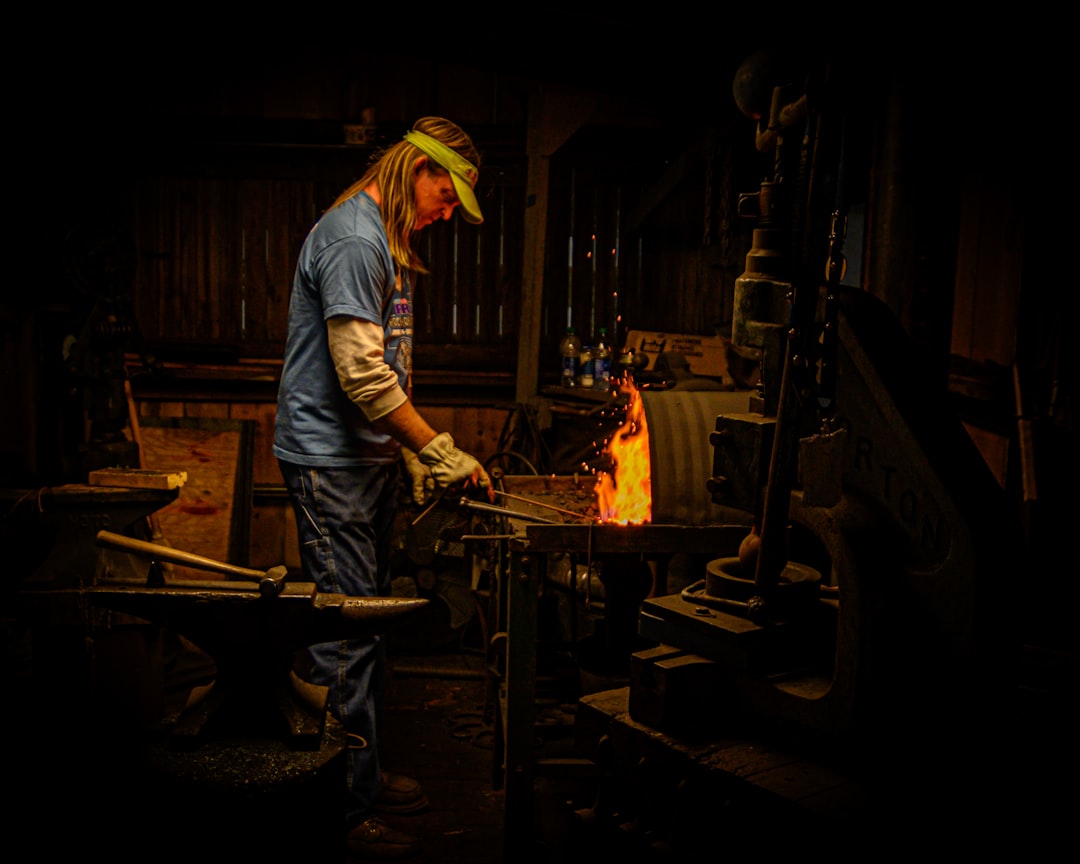body {
font-family: sans-serif;
line-height: 1.6;
}
h1, h2, h3 {
color: #333;
}
The steel industry is a global powerhouse, demanding high standards of quality, safety, and efficiency. To thrive in this competitive landscape, obtaining the right certifications is crucial. This comprehensive guide will navigate you through the world of steel industry certifications, explaining their types, benefits, and the process of acquiring them.
Understanding the Importance of Steel Industry Certifications
Steel industry certifications are not merely badges of honor; they are tangible proof of a company’s commitment to excellence. They demonstrate adherence to international standards, ensuring consistent product quality, enhanced safety practices, and environmental responsibility. These certifications build trust with clients, open doors to new markets, and ultimately contribute to a company’s bottom line. They act as a powerful marketing tool, showcasing a company’s dedication to meeting and exceeding industry benchmarks. Furthermore, certifications often lead to improved internal processes, increased efficiency, and reduced waste – all contributing to a more sustainable and profitable operation.
Types of Steel Industry Certifications: A Detailed Overview
The steel industry encompasses a wide range of processes and products, leading to diverse certification options. Some of the most prominent include:
- ISO 9001:2015 (Quality Management Systems): This internationally recognized standard focuses on establishing and maintaining a robust quality management system. It ensures consistent product quality, customer satisfaction, and continuous improvement within the steel manufacturing process. Obtaining ISO 9001 certification demonstrates a commitment to producing high-quality steel products that meet specified requirements.
- ISO 14001:2015 (Environmental Management Systems): This certification showcases a company’s commitment to environmental responsibility. It outlines requirements for establishing, implementing, maintaining, and improving an environmental management system, minimizing the environmental impact of steel production. This is increasingly important for companies seeking to operate sustainably and meet growing environmental regulations.
- OHSAS 18001 (Occupational Health and Safety Management Systems): Now superseded by ISO 45001, this certification focuses on workplace health and safety. It demonstrates a commitment to providing a safe and healthy working environment for employees, reducing workplace accidents and injuries. This is vital for attracting and retaining talent and maintaining a positive company reputation.
- ISO 45001 (Occupational health and safety management systems): This is the updated standard for occupational health and safety, replacing OHSAS 18001. It provides a framework for managing occupational health and safety risks, promoting a safe and healthy workplace, and improving overall performance. It is increasingly demanded by clients and stakeholders.
- Specific Product Certifications: Depending on the type of steel produced, additional certifications may be required, such as those related to specific material properties (e.g., tensile strength, corrosion resistance), or industry-specific standards (e.g., certifications for automotive steel, construction steel, or aerospace steel).
The Benefits of Achieving Steel Industry Certifications
The advantages of obtaining steel industry certifications are numerous and far-reaching. They include:
- Enhanced Credibility and Trust: Certifications build trust with clients, demonstrating a commitment to quality and adherence to international standards.
- Improved Market Access: Many clients require suppliers to hold specific certifications before awarding contracts. This opens doors to new markets and opportunities.
- Competitive Advantage: Certifications provide a competitive edge in the market, differentiating a company from its competitors.
- Reduced Risks: Implementing certified management systems helps to minimize risks associated with quality defects, environmental incidents, and workplace accidents.
- Increased Efficiency: Certified systems often lead to streamlined processes, reduced waste, and improved overall efficiency.
- Improved Employee Morale: A commitment to safety and quality creates a positive work environment and boosts employee morale.
The Process of Obtaining Steel Industry Certifications
The process generally involves several steps:
- Gap Analysis: Assessing the company’s current practices against the requirements of the chosen standard.
- Implementation: Implementing the necessary changes to meet the standard’s requirements.
- Internal Audit: Conducting internal audits to verify compliance with the standard.
- Management Review: Regularly reviewing the management system’s performance.
- Certification Audit: Undergoing an audit by a certified third-party organization.
- Certification: Receiving certification upon successful completion of the audit.
- Surveillance Audits: Undergoing regular surveillance audits to maintain certification.
Maintaining Steel Industry Certifications: Ongoing Commitment
Obtaining a certification is only the first step. Maintaining certification requires ongoing commitment to the standards. This includes regular internal audits, management reviews, and adherence to the requirements of the chosen standard. Regular surveillance audits by the certification body ensure continued compliance and help identify areas for improvement. Failure to maintain the standards can result in the loss of certification, undermining the credibility and market position of the company. Therefore, a continuous improvement mindset is essential for long-term success in maintaining these vital industry certifications.
By understanding the importance, types, benefits, and process of obtaining steel industry certifications, companies can significantly enhance their competitiveness, credibility, and overall success in this demanding global market.
Tags: steel industry certification, steel certifications, ISO 9001 steel, steel quality certifications, steel manufacturing certifications




